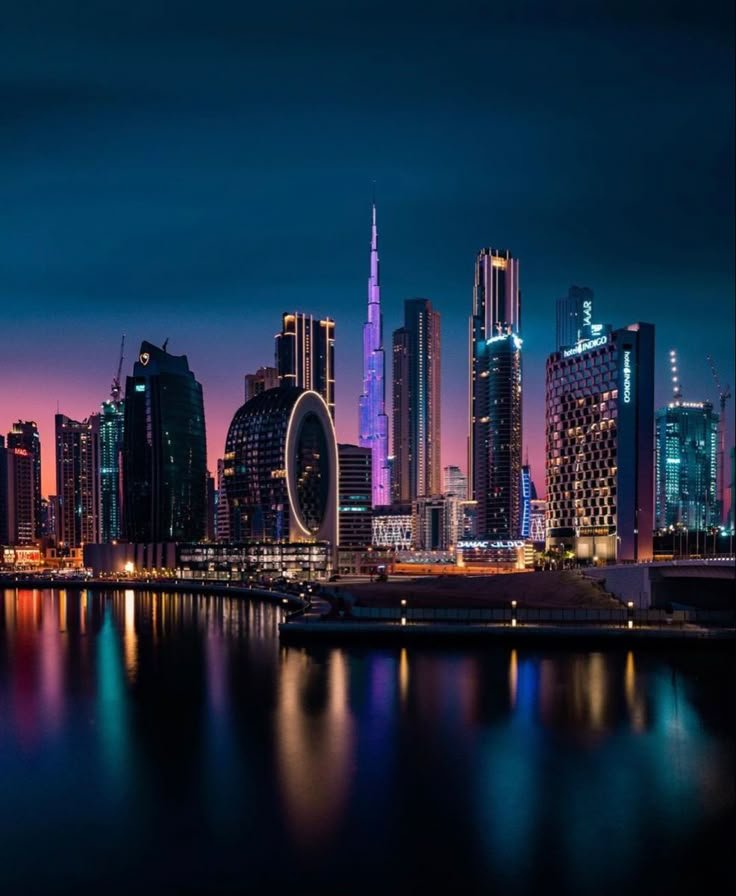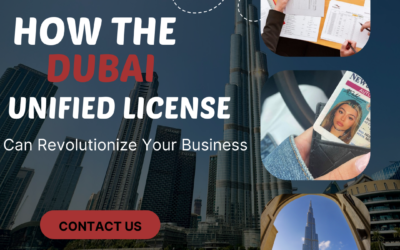Understanding Vision 2030
Vision 2030 is a groundbreaking initiative launched by Saudi Arabia in 2016 under the leadership of Crown Prince Mohammed bin Salman. This comprehensive framework is designed to transition the Kingdom’s economy from an oil-dependent model to a diversified and sustainable structure. By fostering growth in key non-oil sectors such as tourism, technology, and entertainment, Vision 2030 aims to establish Saudi Arabia as a global economic powerhouse.
Beyond economic reform, Vision 2030 is a catalyst for social transformation. Investments in healthcare, education, and infrastructure are set to enhance the quality of life for citizens, positioning the Kingdom as a hub for innovation and global investment.
Key Objectives of Vision 2030
The core mission of Vision 2030 is economic diversification and societal progress. To achieve this, the plan outlines several critical objectives:
- Economic Diversification: Reducing reliance on oil revenues by developing alternative income sources, expanding the role of Small and Medium-sized Enterprises (SMEs), and attracting foreign investment.
- Investment in Strategic Sectors: Establishing the Public Investment Fund (PIF) as a key driver of economic expansion, targeting investments in technology, tourism, and sustainability.
- Enhancing Quality of Life: Increasing funding for healthcare and education while promoting cultural and recreational activities.
- Empowering Women and Youth: Encouraging greater workforce participation and fostering an inclusive economy.
The Regional Impact of Vision 2030
Saudi Arabia’s Vision 2030 is reshaping the Middle Eastern economic landscape, setting a precedent for other oil-rich nations seeking to diversify their economies. The initiative’s emphasis on innovation, infrastructure, and foreign investment makes Saudi Arabia a competitive business destination, fostering opportunities for entrepreneurs and multinational companies alike.
Opportunities in Innovation and Technology
Vision 2030 presents numerous opportunities for technological advancement, particularly in artificial intelligence (AI), smart cities, and renewable energy. Projects such as NEOM and the Red Sea Project serve as testbeds for pioneering innovations, integrating AI, biotech, and renewable energy into sustainable urban planning. Additionally, the Public Investment Fund (PIF) is playing a crucial role in attracting global talent and fostering international collaborations, propelling Saudi Arabia into the ranks of the world’s top technology hubs.
Economic Diversification Strategies
Reducing Oil Dependence
The volatility of oil prices has long posed economic challenges for Saudi Arabia. Vision 2030 aims to counteract these risks by implementing fiscal reforms that expand economic opportunities beyond the energy sector. This shift ensures long-term financial stability and resilience against market fluctuations.
Growth of Non-Oil Sectors
Recent years have witnessed remarkable growth in sectors such as tourism, manufacturing, and logistics. In 2021, Saudi Arabia’s non-oil economy experienced a 4.9% growth rate, driven by thriving industries including retail, construction, and transportation.
Technological Advancements and Renewable Energy
Saudi Arabia is investing heavily in smart city developments, fintech, and digital infrastructure to enhance its position as a global technology leader. The Saudi Green Initiative, a project dedicated to solar and wind energy, further underscores the Kingdom’s commitment to sustainability and innovation.
Implications for Foreign Investment
As part of its economic transformation, Saudi Arabia is creating a more business-friendly environment by streamlining regulatory processes, simplifying licensing requirements, and improving legal transparency. Special economic zones with tax incentives are drawing foreign enterprises, while the PIF is offering lucrative co-investment opportunities. These measures establish Saudi Arabia as a strategic gateway to the Middle East and Africa.
Impact on Entrepreneurs
Access to Capital and Resources
The Vision 2030 framework is expanding funding avenues for entrepreneurs, with increased investment in startups and innovation hubs. Sovereign wealth funds and private equity firms are injecting capital into promising ventures in technology, healthcare, and e-commerce, providing new growth opportunities.
Government Support for Startups
Saudi Arabia is actively fostering a vibrant startup ecosystem through grants, subsidies, and incubation programs. Accelerators and mentorship initiatives are equipping entrepreneurs with essential resources and expertise, while regulatory reforms are simplifying business registration and operations.
Challenges and Opportunities
While Vision 2030 presents numerous opportunities, entrepreneurs must navigate evolving regulatory frameworks and a competitive labor market. However, with a digitally engaged population and strong government backing for innovation, the region offers immense potential for business success.
Transforming Key Sectors
Healthcare Innovation
The Health Sector Transformation Program is decentralizing healthcare and promoting public-private partnerships. By 2030, the privatization of 295 hospitals is expected to enhance service quality and efficiency, making the sector a lucrative area for investment.
Education Reform
Saudi Arabia is allocating significant resources to educational advancement, with a strong emphasis on AI, robotics, and vocational training. These reforms aim to cultivate a skilled workforce, attracting global talent and boosting foreign direct investment in the education sector.
Tourism and Entertainment Expansion
Saudi Arabia is investing over $1 trillion in tourism and hospitality, with the goal of attracting more than 100 million visitors annually by 2030. Initiatives such as the e-visa system, UNESCO heritage site development, and world-class resorts along the Red Sea underscore the Kingdom’s commitment to becoming a leading global travel destination.
Infrastructure Development
Mega-projects such as the Jeddah Central Project and the Red Sea Project are transforming the urban landscape, creating world-class commercial and residential hubs. These developments are driving job creation, stimulating economic activity, and enhancing the Kingdom’s global appeal.
Preparing for Future Challenges
Economic Adaptation
The post-pandemic recovery has demonstrated the resilience of Saudi Arabia’s non-oil sectors. However, businesses must remain agile and responsive to evolving market conditions, particularly in technology and tourism.
Regulatory Compliance
Entrepreneurs must stay informed about regulatory updates, including intellectual property laws and employment policies. The Saudi Arabian General Investment Authority (SAGIA) provides support to international businesses, facilitating smoother market entry and operations.
Leveraging Digital Transformation
With significant government investment in AI, fintech, and e-governance, businesses that integrate digital solutions into their operations will gain a competitive edge in the Vision 2030 economy.
Conclusion: Embracing the Future
As Vision 2030 unfolds, the Middle East stands on the cusp of an economic revolution. Businesses and entrepreneurs have a unique opportunity to contribute to and benefit from Saudi Arabia’s ambitious transformation. By aligning with the initiative’s priorities—economic diversification, technological innovation, and sectoral growth—investors and startups can position themselves for long-term success in one of the world’s most rapidly evolving markets.
The region’s commitment to infrastructure, education, and sustainable development underscores a holistic approach to progress, making Saudi Arabia an attractive destination for forward-thinking enterprises. Those who embrace these changes and seize the opportunities presented by Vision 2030 will be at the forefront of a new era of economic prosperity in the Middle East.




